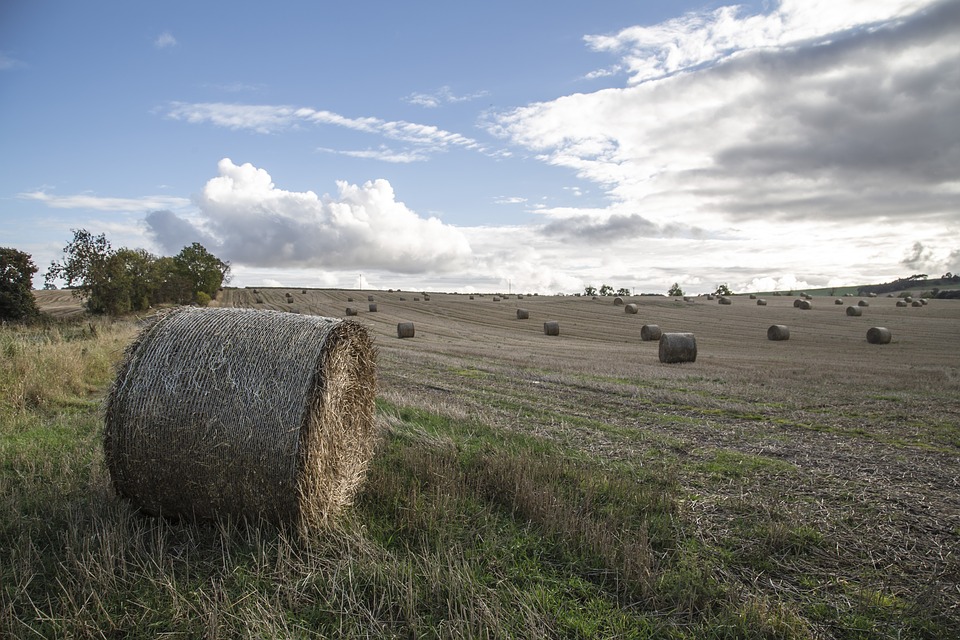Blog: Concerns over farmhouse tax relief
Alex Docherty, tax partner at Johnston Carmichael, wrote for The Courier and Advertiser about concerns over farmhouse tax relief.

Are you getting the right tax relief on your farmhouse? Farmhouses play an essential role in every farming business and often it is assumed this asset is treated from a tax perspective as being wholly business-related and therefore allowable.
Despite the integral part the farmhouse plays in the business, its use for business purposes is often queried by HMRC. These queries arise due to the favourable inheritance tax reliefs given for agricultural and business assets, such reliefs to be given only when an asset is in fact in use by the business.
The reliefs and the reasons for allowing or disallowing them can be complex. The Office for Tax Simplification (OTS) published its long-awaited second instalment of how the Inheritance Tax (IHT) regime could be improved in July.
These are purely recommendations from the OTS and as to whether or not all or any of these recommendations will be legislated for in future will depend on the appetite for who-ever is in government.
For advisers, this most recent review of IHT is a good reminder of the opportunities that exist within the current IHT legislation for many ageing clients’ potential IHT exposure.
Many of the OTS recommendations would, if implemented, make IHT easier to understand for taxpayers and remove some anomalies within the rules. Within the report, attention does fall on Agricultural Property Relief (APR).
This is a generation relief whereby the agricultural value of farmland, farm buildings, farm cottages and the farmhouse may be relieved entirely from IHT subject to certain conditions being met.
Positively, the OTS recommended HMRC should review their approach to APR on farmhouses in situations where farmers have moved into a care home or have left the farmhouse for medical reasons.
Currently, in these circumstances, it’s possible that the farmland will continue to qualify for ARP, however, where the farmhouse remains unoccupied, it may not qualify for relief and it is common to expect HMRC challenge.
While the OTS report notes that “HMRC’s approach in these cases has been endorsed by the courts, although I’m sure many farmers believe it is unfair for relief to be denied.”
HMRC believes it takes a common-sense approach in such cases, this may not be the view of many people within the farming community. In order to qualify for APR, a farmhouse must be occupied for agricultural purposes for the relevant qualifying period.
HMRC’s view is usually that a farmhouse ceases to be occupied for agricultural purposes if a farmer moves into a care home; there is no prospect of them returning to live in the farmhouse and the farmhouse is not occupied by someone else involved in the farming business. Therefore, the farmhouse will not qualify for APR in these cases.
HMRC’s approach in these cases has been endorsed by the courts, although I’m sure many farmers believe it is unfair for relief to be denied in such circumstances.
APR will usually continue to be available on the farmhouse where a farmer leaves it for short-term medical care prior to their death, even if they do not return to the farmhouse.
However, HMRC does not provide clear guidance about when they will seek to deny relief, which provides a degree of uncertainty for both advisers and farmers.
The call for HMRC to review their approach is welcome but there is no guarantee that this will result in either a change of policy or even improved guidance.
Meantime, it’s important that farmers going into care or their families, speak to their advisers to understand what tax reliefs are available on the farmhouse and how these may be maintained.







